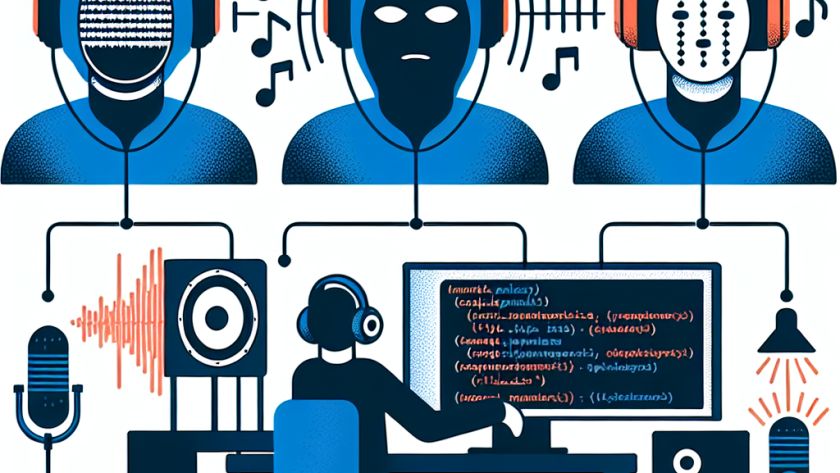Algorithms, Artificial Intelligence, Computer Science and Artificial Intelligence Laboratory (CSAIL), Computer science and technology, Electrical Engineering & Computer Science (eecs), Ethics, Interview, Machine learning, MIT Schwarzman College of Computing, Natural language processing, School of Engineering, Technology and society, UncategorizedJune 17, 2024229Views0Likes Audio deepfakes have recently been in the news, particularly in regards to their negative impacts, such as fraudulent robocalls pretending to be Joe Biden, encouraging people not to vote. These malicious uses could negatively affect political campaigns, financial markets, and lead to identity theft. However, Nauman Dawalatabad, a postdoc student at MIT, argues that deepfakes…
Read More







